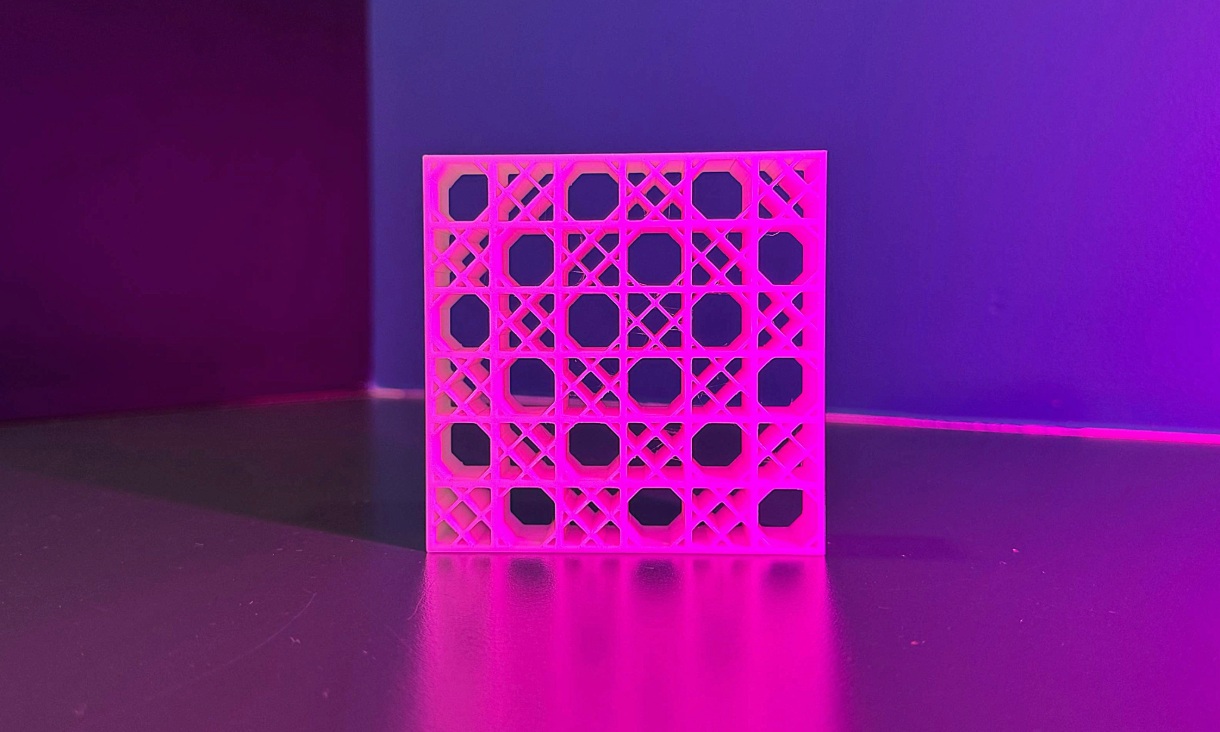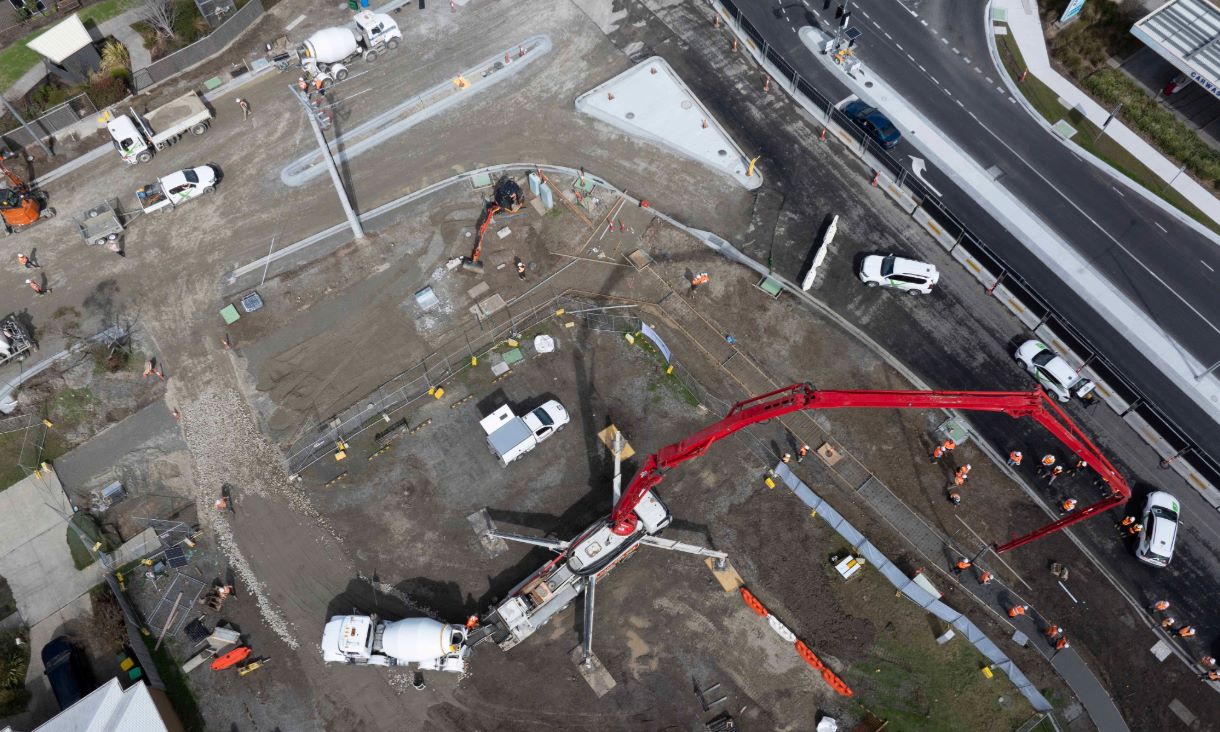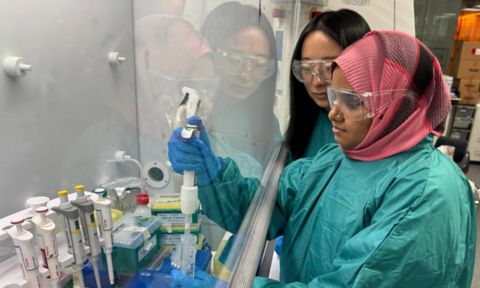5G home internet challenges NBN, but mass shift still a way off: study
Most Australians who have 5G are content with it, yet few actively seek it out or plan to switch in the short term, a study from RMIT University has found.
Zapping stem cells could boost growth of new tissues and organs
Scientists in Melbourne have discovered how tiny electrical pulses can steer stem cells as they grow, opening the door to new improved ways of creating new tissues, organs, nerves and bones.
First Nations Australians twice as likely to be digitally excluded
First Nations Australians are twice as likely as other Australians to be digitally excluded and face barriers to accessing, affording and using the internet. For those living in remote Australia, the barriers are much greater.
Coffee waste helps make lower carbon concrete
RMIT researchers are advancing new ways to cut the carbon footprint of infrastructure by turning everyday organic waste into useful construction materials.
Tackling unprecedented pressures in Australia’s healthcare system
Australian universities are accelerating the adoption of new digital technologies in the healthcare system, as highlighted in a new report led by the RMIT-Cisco Health Transformation Lab.
Digital divide narrows but gaps remain for Australians as GenAI use surges
The Australian Digital Inclusion Index has found almost half of Australians recently used generative AI tools, raising new opportunities and challenges for digital inclusion.
MedTech at heart of Indonesia collaboration
RMIT’s expertise in medical technology (MedTech) is shaping new partnerships and initiatives designed to increase cooperation and collaboration in Indonesia’s healthcare sector.
Tiny metal particles show promise for targeted cancer treatments
An international research team led by RMIT University has created tiny particles, known as nanodots, made from a metallic compound that can kill cancer cells while leaving healthy cells largely unharmed.











